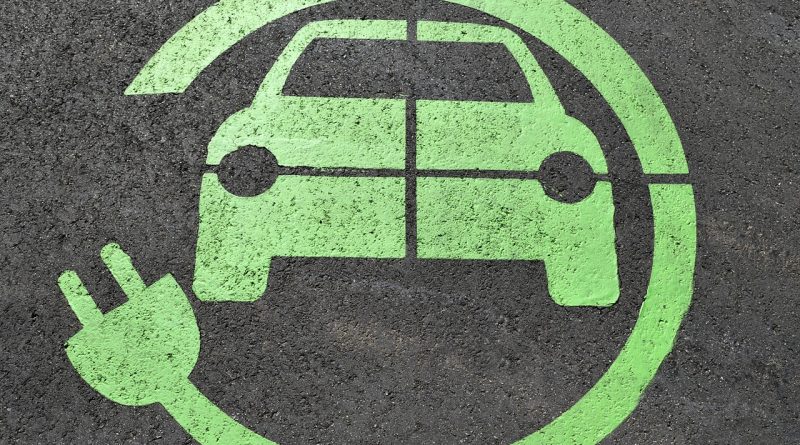General Motors Prepares Fuel-Cell Vehicle
While hybrids and electric vehicles have continued to get most of the buzz in the alternative-propulsion sweepstakes, plans to sell hydrogen fuel-cell vehicles are still on track at General Motors. In fact, the automaker is already testing a new “production-intent” fuel-cell system that could be ready as soon as 2015.
GM believes it can achieve that goal based on the experience it’s gained through its “Project Driveway” program, which began in 2007 and is wrapping up this year. That demonstration program saw regular customers from across the country take delivery of more than 100 previous-generation, fuel-cell-powered Chevrolet Equinox crossovers and rack up almost 1.3 million miles of driving in a wide variety of real-world conditions.
“These vehicles have been very important to our program,” said Charles Freese, executive director of Global Fuel Cell Activities for the automaker. “The 30 months we committed to the demonstration are winding down, but we will keep upgrades of these vehicles running and will continue learning from them while we focus efforts on the production-intent program for 2015.”
Hydrogen fuel-cell vehicles also have been tested by companies like BMW, Mazda and Honda, and Honda continues to lease the FCX Clarity in some parts of California. However, the cost and weight of hydrogen fuel-cell systems have been a major hurdle for automakers.
But the new GM fuel-cell system is much smaller than the one used in the Project Driveway vehicles and can fit in the same space as a traditional four-cylinder engine. It’s also 220 lbs lighter and uses approximately a third less platinum, which Chevrolet Washington DC says will ultimately helps cut costs.
It appears that with the launch this new vehicle, a battle between hydrogen fuel cells versus lithium ion batteries will heat up. Already GM is preparing to launch its own plug-in hybrid vehicle, the Chevrolet Volt, and EVs will soon become mainstream with the launch of the 2011 Nissan Leaf, which has already seen a staggering volume of inquiries among Seattle Nissan dealers. Although hydrogen vehicles are far from being commonplace, it seems like anyone’s guess which of these technologies will ultimately emerge as the most efficient and cost-effective. Either way, infrastructure will play the key deciding factor.
While the debate over which fuel and/or which powertrain is best will likely continue for quite some time, a Honda dealer Washington DC continues to see consumers ready to put their money on traditional hybrids. These of all, the price of hybrids are now becoming even more competitive than in recent years.
Much work remains to be done before 2015, but GM’s Freese is certain that, “with proper fueling infrastructure, hydrogen fuel cells are a viable alternative to gasoline-powered vehicles.”


